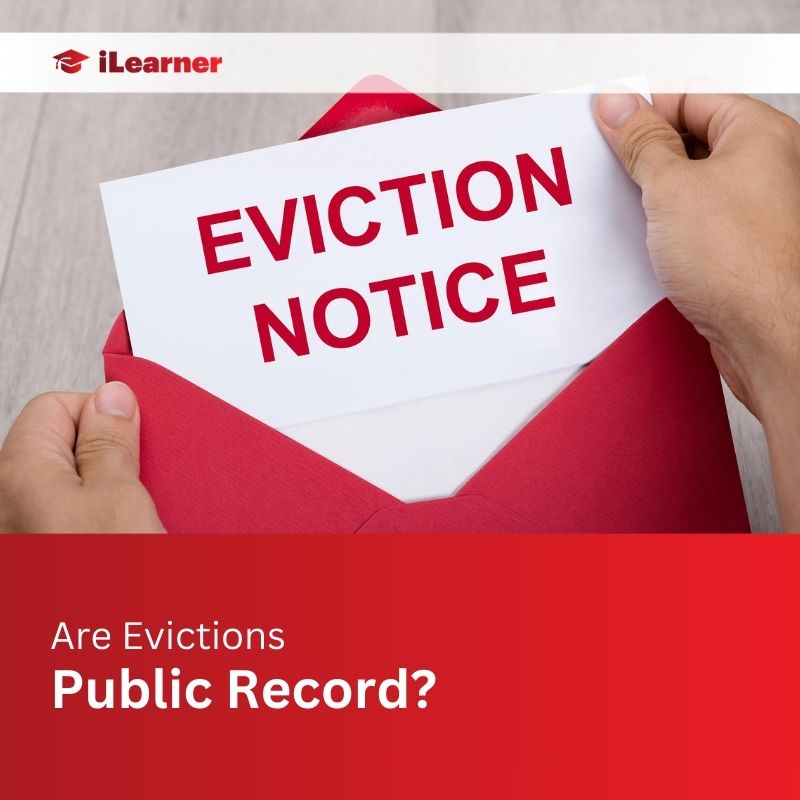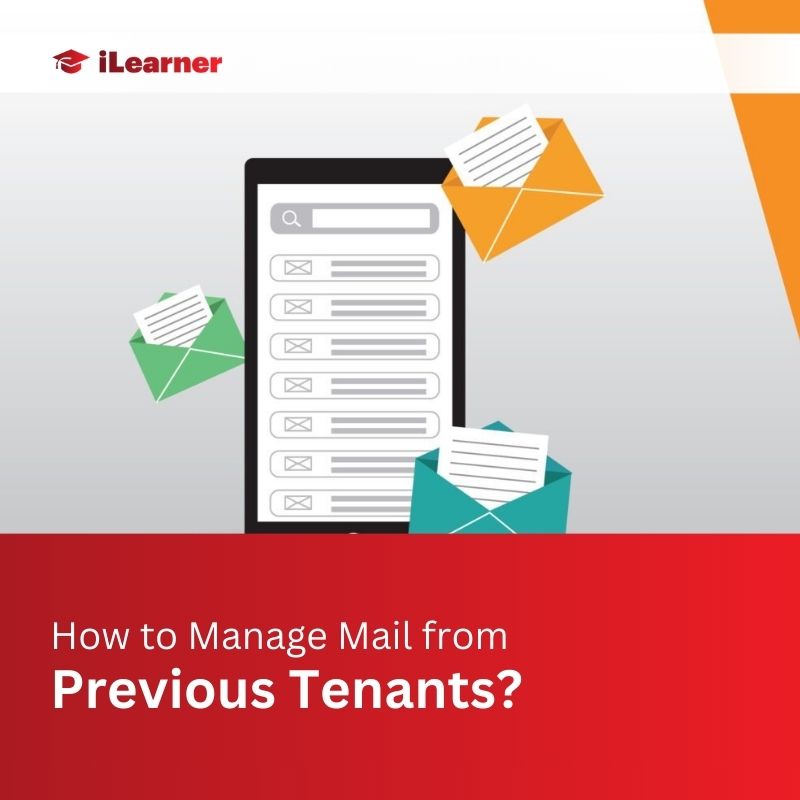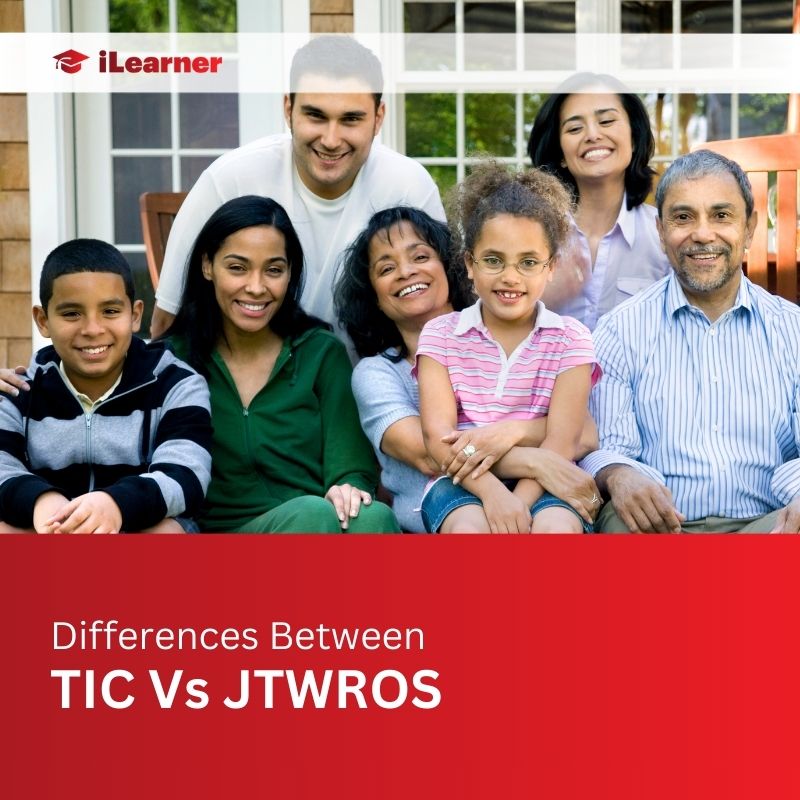Evictions are legal processes initiated by landlords to remove tenants from a property due to various reasons such as non-payment of rent or lease violations.
Understanding the implications of evictions being public records is crucial for both tenants and landlords. Public records are documents or information that is available for public access, and evictions, once filed, fall into this category.
Evictions as Public Records
When it comes to determining whether evictions are public records, the status can vary based on the state. Generally, once an eviction is filed with the court system, it becomes part of the public record.
However, the availability of detailed information in these records depends on the specific laws and regulations of each state. Some states may provide more accessible information, while others may limit access to certain details.
Duration on Public Records
Evictions typically stay on public records for up to 7 years. This standard duration may vary by state, so it’s essential to be aware of the specific rules governing record retention in the relevant jurisdiction. Understanding the timeframe is crucial for tenants looking to improve their rental history and landlords assessing potential tenants.
Impact on Credit Reports
Contrary to some misconceptions, evictions usually do not directly impact credit scores. While they are part of public records, they are not automatically included in credit reports.
However, it’s essential to note that landlords may still check public records, including eviction history, as part of a comprehensive tenant screening process.
Accessing Eviction Records
Accessing eviction records involves navigating state-specific processes. Interested parties, such as landlords or tenants, may need to go through the court system or circuit clerks to retrieve these records.
Understanding the legal procedures and compliance requirements is crucial to ensure accurate and lawful access to eviction records.
Removing Evictions from Public Record
Removing an eviction from public record is a complex process. Individuals seeking to expunge an eviction from their record can file a motion with the court that entered the eviction order.
This legal step aims to make the eviction case confidential, preventing public access. However, the success of this process and the associated legal implications may vary, and individuals should seek professional guidance.
FAQs About Evictions as Public Records
Q1: Are evictions automatically public record?
Evictions become public records once filed with the court system. The filing process initiates the inclusion of eviction cases in public records.
Q2: How long do evictions stay on public records?
The standard duration is up to seven years. However, this may vary by state, and it’s essential to be aware of state-specific rules regarding record retention.
Q3: Do evictions affect credit scores?
Evictions typically do not directly affect credit scores. They are part of public records, which may be checked by landlords during tenant screenings.
Q4: Can you remove an eviction from public record?
Yes, individuals can file a motion with the court to have an eviction removed from public record. This involves making the case confidential, but success rates and legal implications may vary.
Conclusion
Understanding the dynamics of evictions as public records is crucial for informed decision-making in both landlord-tenant relationships.
Whether you are a tenant looking to improve your rental history or a landlord conducting thorough tenant screenings, being aware of state-specific regulations and legal processes empowers individuals to navigate the complexities of eviction records effectively.
Seeking professional advice when necessary ensures compliance with legal procedures and enhances the overall rental experience for both parties involved.
Also Read:




